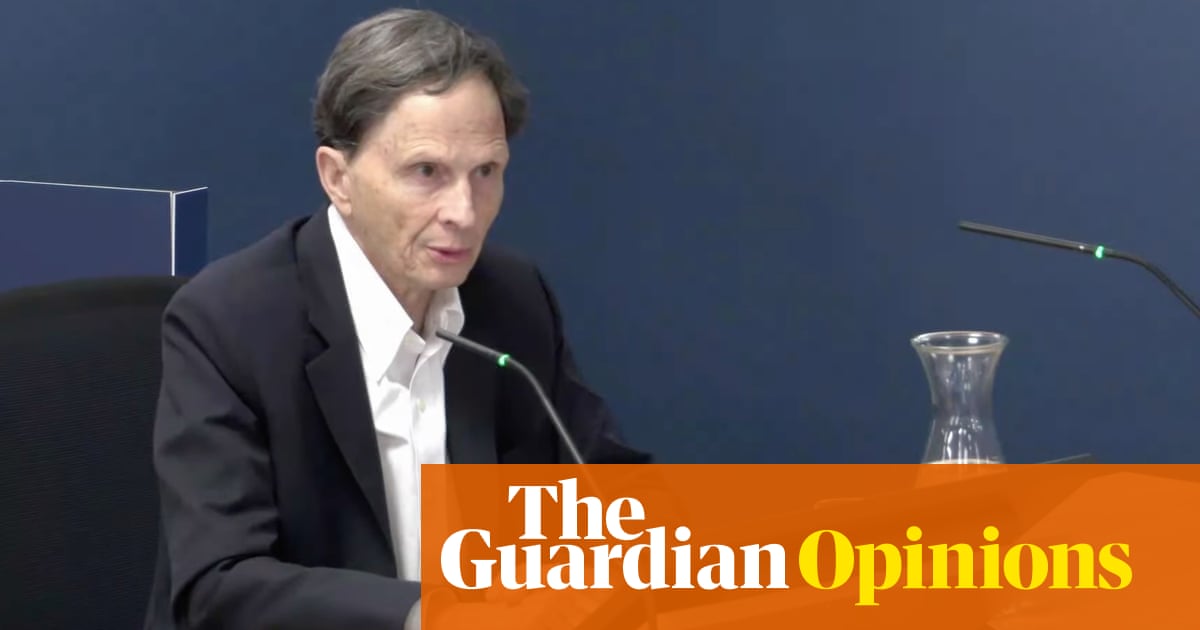
The long tenure of Benjamin Netanyahu as Israeli prime minister has led to some well-entrenched conventional truths about the country’s politics and the quality of its democracy.
Despite the highly fragmented condition of Israeli political culture, with more than three dozen parties, Netanyahu was a wily and effective political leader who consolidated power in himself, regardless of his coalition partners and their agendas. His conservative form of secular Jewish nationalism led to a slow erosion of the perception and reality of Israeli democracy, particularly for minority communities.
It is therefore useful to consider whether the new coalition that has taken power represents any significant shift in Israel’s political culture or, as many commentators have noted, is simply a reflection of Israeli exhaustion with, and disaffection for, Netanyahu and his political style.
In some early accounts, the remarkable diversity of the new coalition is cause for optimism — from the centrist party of Yair Lapid, to the right-wing pro-settler party led by Naftali Bennett, to the smaller fringe parties of the left and right and, most notably, the Islamist party Ra’am, led by Mansour Abbas. Can this be seen as a repudiation of the trend set by Netanyahu’s Likud party to limit Arab rights within Israel and refuse to engage meaningfully with the Palestinian Authority on a path to statehood?
One must keep expectations low. The new government is fragile and does not represent a clearly articulated, detailed policy agenda. Rather, each party has agreed to put aside its policy ambitions and govern on the basis of some general principles of good government and an end to the toxic and corrupt practices associated with Netanyahu. An early crisis could pit these new parties against each other, or create a backlash from the very diverse constituents they represent.
One can hope that Israelis will enjoy the inclusiveness of the new team. But Bennett, the new prime minister who will take the first turn as head of government before passing the baton to Yair Lapid in August 2023, is a divisive figure. Settlers could test him with their demands and create real tensions with the other coalition partners.
In addition, the new government is expected to focus on a more transparent budget process and one can easily imagine serious policy differences over spending priorities.
A more existential issue is whether the presence of an Arab party that endorses the two-state solution and is considered a “non-Zionist” party will lead to legal challenges that could undermine the razor-thin majority that allowed this motley collection of parties to form a government.
In a useful analysis in the Washington Post, Guy Grossman and Devorah Manekin trace the practice of excluding Arab parties from coalitions back to the 1977 political earthquake that ousted the Labor party and brought Likud to power. A norm was then established that non-Zionist parties (which can include some Jewish parties too) should not be allowed to participate in decisions related to Israeli security or foreign affairs. Likud went on to delegitimize Arab parties in other ways, too.
So the inclusion of Ra’am in the coalition can be seen as breaking a taboo, replacing Likud’s treatment of Arab or joint Arab-Jewish parties as somehow outside the democratic mainstream with a more tolerant and inclusive concept. But only a fifth of Israelis embrace this idea, according to a 2019 poll, so there could be trouble ahead.
New York Times columnist Tom Friedman compared Netanyahu’s ouster from the premiership to the defeat of Donald Trump in the US presidential election last year. The analogy only works at a superficial level — these two raucous and disruptive incumbents were both voted out of office, and perhaps the mood of voters was similar. But American voters usually have only two parties to choose from, and Joe Biden, who represents a mainstream party that promotes a familiar set of values and policy preferences, won both the popular and the electoral college votes.
Israel’s democratic institutions have been bruised by the long tenure of one powerful politician, but they have come through with a curious new political formation.
Ellen Laipson
In contrast, Likud is still the largest force in Israeli politics but its leader had alienated his governing partners, leading Bennett to move against his former ally and make deals with seven small parties.
Another way in which the analogy does not hold is the behavior of the two leaders upon defeat. Trump’s refusal to accept the results of the election wreaked havoc on the process and protocols of presidential transitions, and led to the catastrophic attack on the US Capitol. So far, Netanyahu, who has used harsh rhetoric and toyed with the “stolen election” strategy from Trump’s playbook, has not tried to destroy the system and has begun a new chapter as leader of the opposition.
Which brings us back to the uncertainties about Israeli democracy and the future. The societal fissures, the cumulative grievances of Palestinians living in Israel, Jerusalem residents and Palestinians in the West Bank and Gaza, and new evidence that suggests peaceful coexistence within Israel is under threat are not issues that this new government will be able to resolve. Any hopes that it will address the question of Palestine and re-energize the peace process are misplaced.
Israel’s democratic institutions have been bruised by the long tenure of one powerful politician, but they have come through with a curious new political formation. Israel’s highly fragmented party system can often seem dysfunctional, and four elections in two years have strained the country and its image abroad. Bennett and Lapid will try to create a new normal for Israeli politics, if that is possible.
Ellen Laipson, a former vice chair of the US National Intelligence Council, is currently director of the international security program at the Schar School of Policy and Government at George Mason University in Virginia. She is a former president and CEO of the Stimson Center in Washington. Copyright: Syndication Bureau
Disclaimer: Views expressed by writers in this section are their own and do not necessarily reflect Arab News" point-of-view












